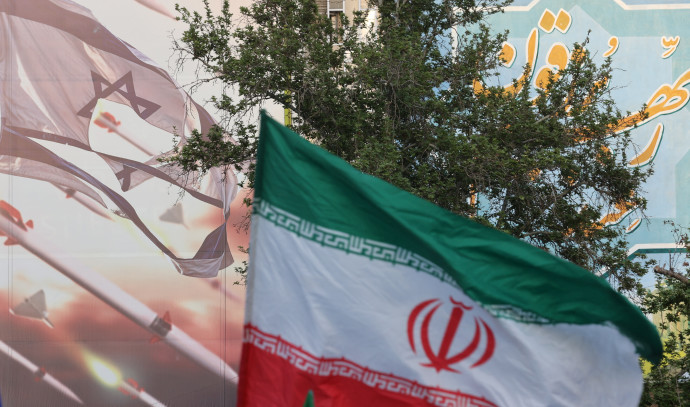After the attack on Tel Aviv, Israeli fighter jets attack Houthi targets in Yemen

By Ari Rabinovitch and Enas Alashray
JERUSALEM/CAIRO (Reuters) – Israeli warplanes attacked Houthi military targets in the area of the port of Hodeidah in Yemen on Saturday, the Israeli military said, a day after a drone launched by the Iran-backed group struck Israel’s economic hub Tel Aviv.
Al-Masirah TV, the main news channel of the Yemeni Houthi movement, reported that the attacks were directed against oil facilities in the port and resulted in fatalities.
Hodeidah residents told Reuters by phone that explosions were heard throughout the city during a heavy bombardment. Al-Masirah television said civil defense forces and firefighters were trying to put out fires in the port’s oil tanks.
An Israeli military official said the operation hit dual-use targets, including energy infrastructure. Israel had informed its allies before the attack. The attack was carried out by Israeli F-15 fighter jets, all of which returned safely, according to the military.
The Houthis’ Supreme Political Council said there would be an “effective response” to the Israeli air strikes.
The attack on Yemen, which the official said came after more than 220 Houthi attacks on Israel, underscored fears that the Gaza war sparked by the Hamas-led attack on Israel on October 7 could escalate into a regional conflict.
“The fire currently burning in Hodeidah is visible throughout the Middle East and its significance is clear,” Israeli Defense Minister Yoav Gallant said in a statement.
“The Houthis have attacked us over 200 times. The first time they harmed an Israeli citizen, we struck. And we will do so wherever it may be necessary.”
On Friday, an Iranian-made long-range drone launched from Yemen struck the center of Tel Aviv. The attack, which the Houthis claimed responsibility for, killed one man and injured four others.
The attack followed an escalation in daily exchanges of fire between Israeli forces and the Iran-backed Hezbollah militia in southern Lebanon and came as Prime Minister Benjamin Netanyahu prepares to travel to Washington to address the U.S. Congress.
Israeli Foreign Minister Israel Katz called for broader international action to tighten sanctions against Iran, which it says supports the Houthis’ efforts to disrupt the freedom of the seas and trade routes.
“Iran is the head of the snake – it must be stopped now,” he said on the social media platform X.
As the war in Gaza progressed, the Houthis increased their attacks on Israel and Western targets, declaring they were acting in solidarity with the Palestinians.
They began attacking Western ships in the Red Sea and the Gulf of Aden after Israel invaded the Gaza Strip following Hamas militias’ attack on southern Israel last year.
“A brutal Israeli aggression targeted civilian buildings, oil facilities and a power plant in Hodeidah with the aim of pressuring Yemen to end its support for Gaza,” Mohammed Abdulsalam, chief negotiator for the Houthi movement, said on X.
He said the attack would “only strengthen our resolve, steadfastness and continuity.”
On October 7, Hamas stormed Israeli cities, killing around 1,200 people, according to Israeli sources, and taking over 250 hostages back to Gaza. Since then, nearly 39,000 Palestinians have been killed in Israel’s assault on the Gaza Strip, according to health authorities in the enclave.
(Reporting by Enas Alashray, Mohammed Ghobari, Hatem Maher and Ari Rabinovitch, editing by Timothy Heritage and Giles Elgood)



